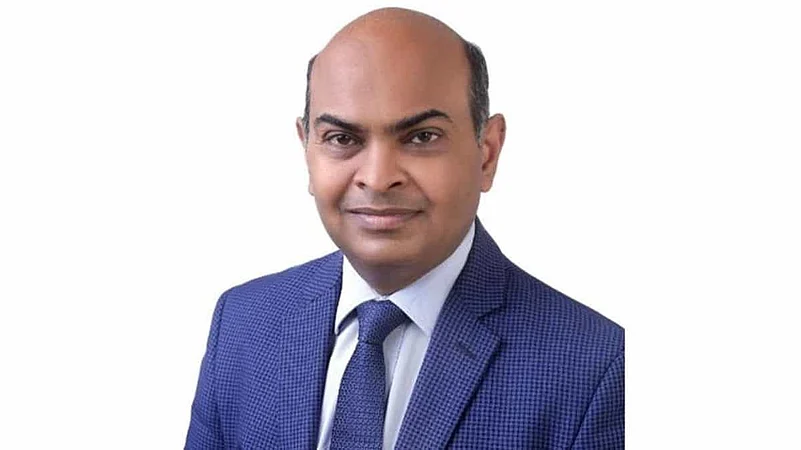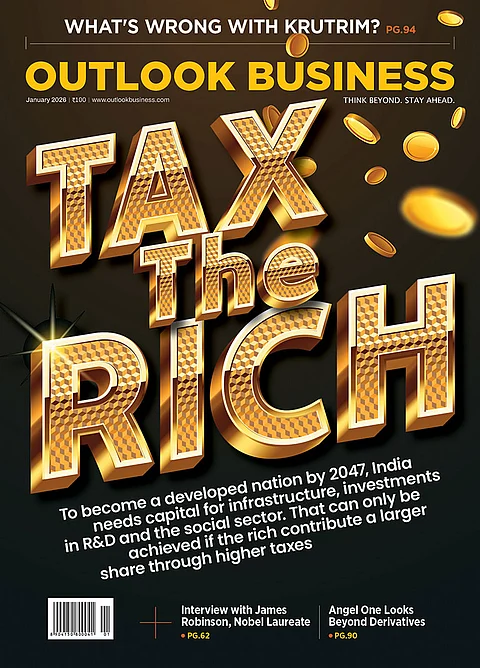European auto major Stellantis believes a long-term stable policy framework and its uniform roll-out across different states in India is critical for automakers to execute business plans on a long-term basis.
Stellantis, which has presence in India through brands like Jeep and Citroen, feels that policy framework should work informally across the nation so that the industry is able to execute long-term business strategies.
In an interaction with PTI here, Stellantis India CEO and MD Shailesh Hazela said that any investor who comes to India would like to see a little longer horizon in terms of policies.
"So our wishlist for the government is that whatever they decide to put across, it should be for a longer period," Hazela stated when asked about government actions which could propel growth of Indian auto industry.
It would be great if there could be uniformity in policies across the country in terms of EVs (electric vehicles) and taxation so that companies could plan nationally and not state wise, he noted.
"If the government could bring uniformity, which they can, it would really enable the industry to plan in a unified and concise way," Hazela said.
He cited the example of different states rolling out separate policies for electric vehicles.
Hazela noted that in the past few years, the Stellantis group has created supporting infrastructure, and now it plans to scale up its presence especially for the Citroen brand.
Hazela said a plan is already underway to scale up the brand's presence in the country with bolstering of sales network and new product introductions.
The French automaker currently sells the C3 hatchback, the Aircross SUV, the Basalt coupe-SUV, and the electric e-C3 in the Indian market.
He noted that Citroen will almost double its sales touchpoints in the next one year from around 80 to over 150, sharpening its focus on the smaller towns and semi-urban areas.
"We are not sticking to one kind of format (sales touchpoints). We will have a mix of small and large ones," Hazela said.
The company plans to focus on Tier III and even Tier IV markets, strategically chosen for their proximity to Tier I and Tier II cities and their potential for substantial growth.
On market share aspirations, Hazela said: "We aspire to at least double our share from the last year to this year or in next 12 months, and then take it to the next number." Citroen launched its first model in India, the C5 Aircross SUV, in early 2021 and remains a small player in the over 40 lakh annual passenger vehicle market.
Hazela said the brand has capability to roll out products based on multiple energy platforms and would introduce such models basis market demand.
"We will continue to explore for CNG, because that's the available fuel in a sustainable way, we have our EV which will continue to grow," he added.
Last year in January, Stellantis announced an additional investment of Rs 2,000 crore under the Citroen brand in Tiruvallur district, Tamil Nadu.
This investment will be made over a period of the next 6 years and will take the total investment in the state to Rs 3,250 crore.






























